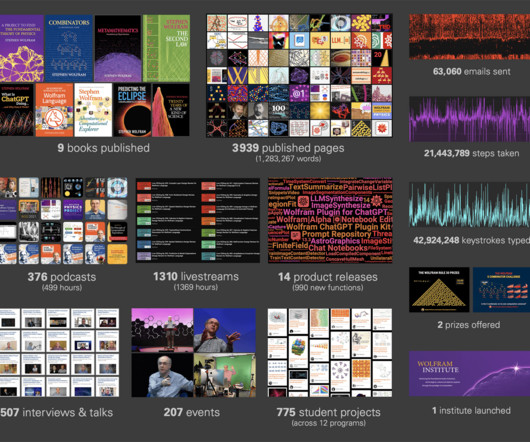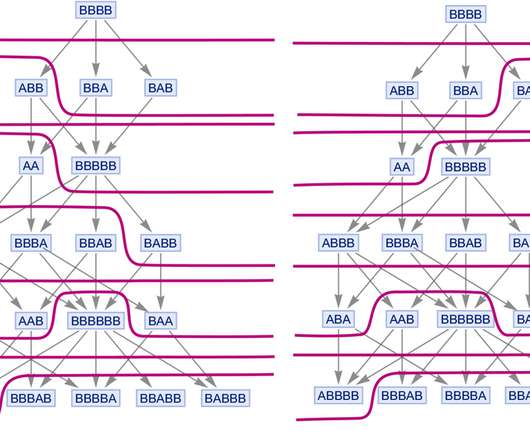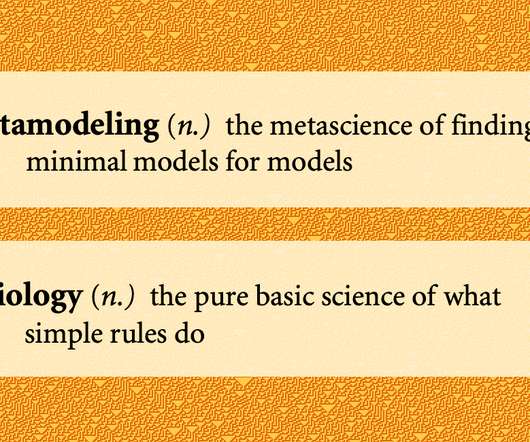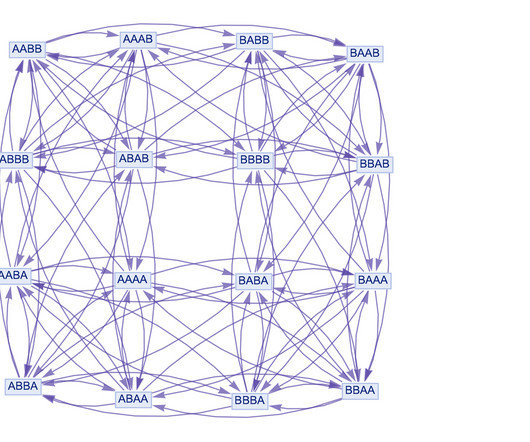How Did We Get Here? The Tangled History of the Second Law of Thermodynamics
Stephen Wolfram
JANUARY 31, 2023
There was one major exception, however, in 1738, when—as part of his eclectic mathematical career spanning probability theory, elasticity theory, biostatistics, economics and more— Daniel Bernoulli (1700–1782) published his book on hydrodynamics.















Let's personalize your content